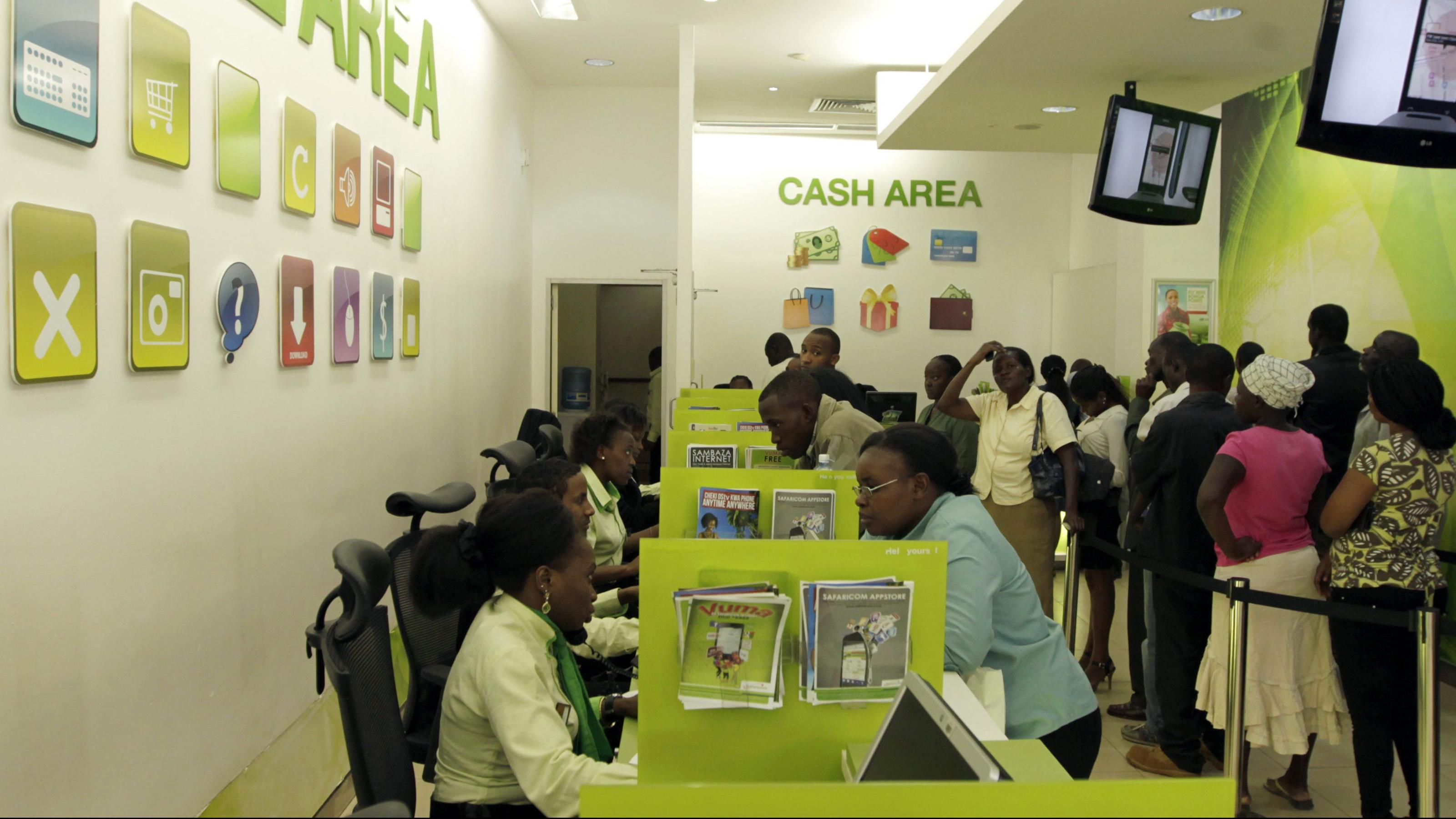Queuing for mobile money Two of Africa’s biggest startup stories of 2021 involve the billion-dollar valuations accorded to OPay, and Wave. Propelled by Chinese and American venture capital, each rose rapidly to own large shares of the financial services sector in Nigeria and Senegal respectively, primarily because of their sprawling mobile money operations.
But Opay and Wave are just two among many companies behind sub-Saharan Africa’s mobile money push, underpinning an ecosystem that generates $13 billion a month in transaction value, the most of any region in the world. Africa’s mobile money rise
According to the GSM Association ( GSMA )—an industry organization that represents the interests of mobile network operators worldwide—64% of the $2.1 billion transacted daily through mobile money platforms in 2020 happened in sub-Saharan Africa.
But before 2011, references to mobile money on the continent were about M-Pesa, Safaricom’s pioneering service in Kenya in 2007. Orange, Airtel, and MTN followed suit with their own versions a few years later, but non-telco operators like Paga, Firstmonie, Ecobank, and Standard Bank also joined the fray, adding diverse models to the business environment.
The result is that at least 11 countries in sub-Saharan Africa have five or more deployed mobile money services, from 5 in Kenya to 17 in Nigeria. More than half of the 310 live mobile money services in the world are in Africa .
The diversity of service providers increased the number of mobile money accounts in sub-Saharan Africa by 11 fold between 2011 and 2020. The region accounted for 45% of all registered mobile money accounts and 48% of registered agents last year.
Taken together, these data seem to support an impression that sub-Saharan Africa is the destination for investors seeking value from developing financial markets.
Despite the impressive metrics, the next decade for mobile money could be better if attention is paid to regulatory aspects of the sector. More is needed on infrastructure and investment
GSMA devised a “ regulatory index score ” for 90 countries to identify those that have the most enabling environments for mobile money. The score is based on six indicators including consumer protection, KYC, and infrastructure and investment environment.
While most sub-Saharan African countries have high overall index scores (over 70 out of 100), there are concerns. For example, Kenya, Côte d’Ivoire, and Senegal score 32 on KYC, indicating sub-optimal requirements for identification and verification. Francophone west Africa’s big four mobile money markets, namely […]
